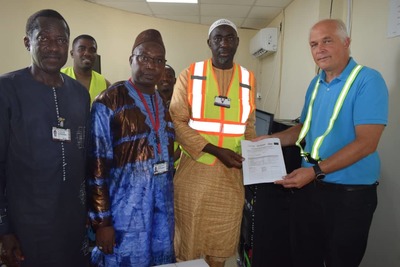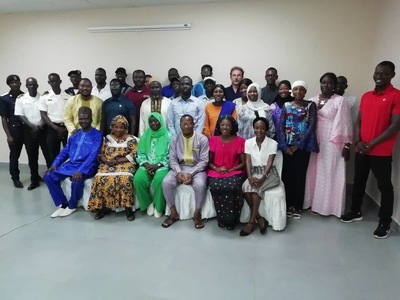Fisheries department holds three day consultation meeting with Stakeholders

The department of Fisheries recently concluded a three-day consultative meeting with stakeholders on the development of a management plan for the sardinella fisheries in The Gambia.
The objectives of the consultative meeting were to discuss and validate the ecosystem approach to fisheries baseline reports on sardinella fishery in The Gambia, inform stakeholders and involve them in the process of developing the management plan for the sardinella fishery, and identify, discuss and validate management measures.
In her official opening ceremony, Anna Mbenga-Cham the director of the department of fisheries said small pelagic fish are a crucial part of the country’s food and nutrition security. “They provide more than 50 percent of the protein source to The Gambia,” the director said.
Madam Mbenga-Cham said Sardinellas and ethamalosa fimbriata (Bonga) make up more than 70 percent of fish landing in the country. Moreover, she said they are the base of artisanal fisheries which is essential to the population’s nutrition security. According to the fisheries director, these species are transboundary in nature; therefore there is a need to employ a collaborative approach through scientific research…, with the relevant national, regional and international institutions through partnership. The director pointed out that small pelagic face disturbance of food web by irresponsible human activities, habitat degradation and illegal fishing among other things.
The shared sardinella project is a component of the ecosystem approach to the fisheries-Nansen program. The initiative according to officials aims to support the implementation of the ecosystem approach to fisheries for the management of sardinella shared stocks in West Africa (The Gambia, Senegal, Mauritania, and Morocco).


